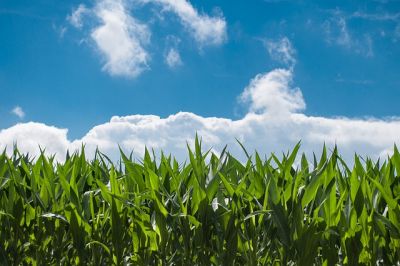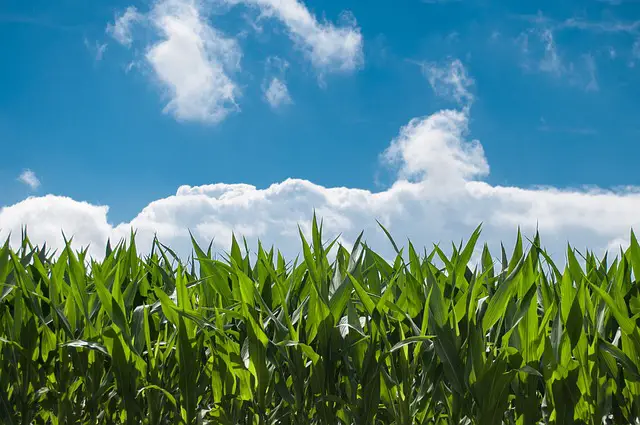Farming and agriculture assets goals set by international investors

A group of investors with control over more than $113 billion in annual agribusiness revenue has established a number of new time-bound goals addressing important concerns including gender equality, carbon reduction, and no deforestation.
The Good Food Finance Network is formed by UNEP, WBCSD, EAT Foundation, Food Systems for the Future and FAIRR. Seven of the group’s members have established new public targets on issues like carbon removal, gender equality, and no deforestation. The financing institutions are Rabobank, Nuveen Natural Capital, Signature Agri Investments, Global Environment Facility, Mauritius-based Phatisa, Norwegian company Yara, and Mexican firm FIRA.
The coalition of corporations is establishing new public targets to try and reverse these trends in light of the WWF’s most recent “Living Planet” report, which warns that the average population size loss for animals globally now stands at 69% since 1970. In addition, the organizations have made an effort to establish believable, time-bound goals for developing a sustainable food system.
By 2030, Rabobank plans to sequester 150 megatons of CO2, which is the same amount of emissions produced by 40 coal-fired power plants annually. Additionally, Rabobank will announce a climate goal in line with the UN-organized Net-Zero Banking Alliance (NZBA).
In addition, Rabobank plans to assist 15 million smallholder farmers in developing nations with the shift to agroforestry, while Yara wants to provide more precise digital tools for 150 million hectares of farmland. Portfolios with 0% deforestation are what companies like Signature Agri Investments and Nuveen Natural Capital are attempting to provide.
FIRA plans to raise its $350 million climate adaptation and resilience portfolio by 5% annually and boost the amount of money invested in adaptation and resilience to $540 million by 2030. A taxonomy created in collaboration with the Carbon Trust will facilitate this.
By 2030, the Global Environment Facility (GEF) aims to enhance land management techniques on over 20 million hectares, rehabilitate 420,000 hectares of degraded land, mitigate 223 million tons of CO2, and cut use and waste of “global concern” chemicals by 21 million tons.
By 2025, Phatisa will work to ensure that all of the enterprises in its portfolio in sub-Saharan Africa have gender policies in place and have increased the employment of women.



